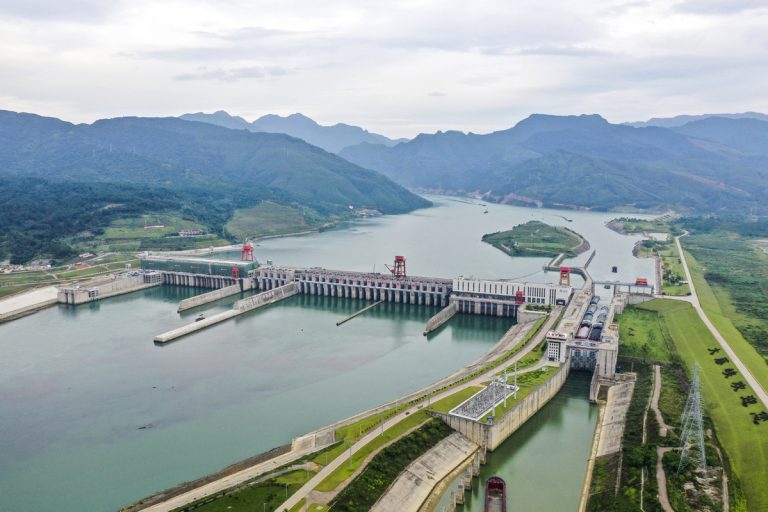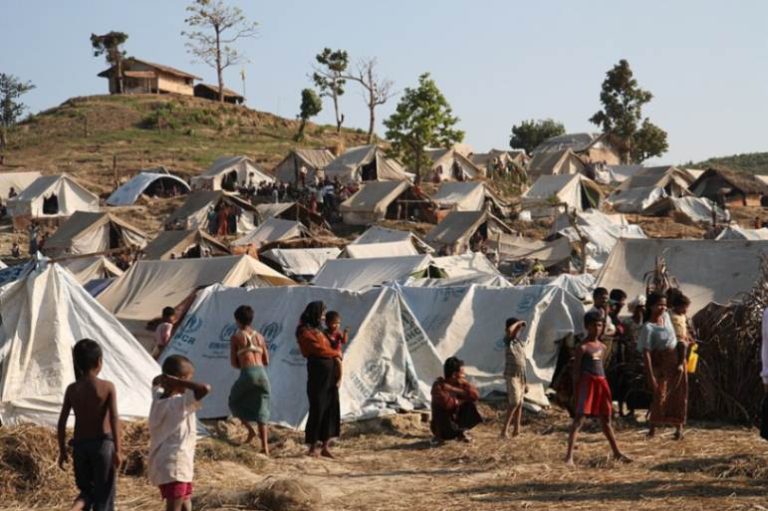
The Kabul River, which flows from the steep peaks of Afghanistan’s Hindu Kush mountains into Pakistan before converging with the huge Indus River, has long been a cause of friction between these two neighbouring countries. As the lifeblood of millions of people on both sides of the border, its waters nourish agricultural areas, satisfy thirst, and power industry, demonstrating its critical relevance to the region’s socioeconomic fabric.
The dispute over the Kabul River dates back to the mid-twentieth century, when unilateral development initiatives were undertaken without any bilateral agreement. Afghanistan’s efforts to harness the river’s potential through dam construction, which are frequently supported by Western funding, have been viewed with scepticism and fear in Pakistan, where decreasing water supplies are a major issue. Climate change has only exacerbated this predicament, with irregular weather patterns resulting in inconsistent water flow, further stressing an already strained relationship.
Recent events have brought the issue back into sharp focus. Afghanistan’s announcement of the Shahtoot Dam project, which is expected to cost $236 million, has sparked worry in Pakistan, notably in the Khyber Pakhtunkhwa (KP) province, which relies largely on the river for agricultural and drinking water. While Afghanistan’s goal with the project is to alleviate the country’s serious water and sanitation issues, the consequences for downstream villages cannot be ignored.
Furthermore, Afghanistan’s intention to build new dams to alleviate water scarcity has raised concerns in Pakistan about reduced water flow downstream, which will disproportionately affect agriculture in Khyber Pakhtunkhwa’s fertile region. Pakistan, which is confronting its own climate-related difficulties, is dealing with the melting of glaciers that feed rivers such as the Kabul and Indus, aggravating flood risks and jeopardising its water and energy security.
Attempts to resolve the Kabul River conflict have been difficult. Historical treaties, such as the Treaty of Kabul, have failed to appropriately handle water delivery issues. Initiatives like the planned Kabul River Basin Management Commission have languished owing to a lack of collaboration and data exchange between the two countries. The lack of a comprehensive bilateral water-sharing deal simply exacerbates tensions, making both nations exposed to the effects of climate change and worsening existing socioeconomic imbalances.
In view of these problems, Afghanistan and Pakistan must prioritise discussion and diplomacy in addressing their water conflicts. It is critical to find long-term solutions that address both nations’ requirements and concerns. Establishing transparent joint management commissions based on equitable principles and international water legislation can provide as a platform for collaboration and conflict resolution. Third-party mediation, mediated by international organisations or friendly governments, can provide much-needed impartiality and technical experience to the bargaining table.
Furthermore, encouraging regional collaboration in water management might result in larger economic and social advantages, lowering tensions and strengthening stability in South Asia. Pakistan, in particular, can help Afghanistan’s economic growth by enabling trade, increasing regional connectivity, and encouraging economic cooperation. Afghanistan and Pakistan can chart a road to sustainable water management and regional peace by putting aside bilateral differences and embracing a collaborative strategy based on mutual respect and benefit.
Finally, the Kabul River conflict highlights the critical necessity for collaboration and discussion between Afghanistan and Pakistan. As water shortage worsens and geopolitical tensions rise, the stakes are never greater. By adopting sustainable practices, prioritising fair solutions, and encouraging regional collaboration, both countries can navigate the tumultuous waters of the Kabul River issue to a better, more stable future for everybody.




